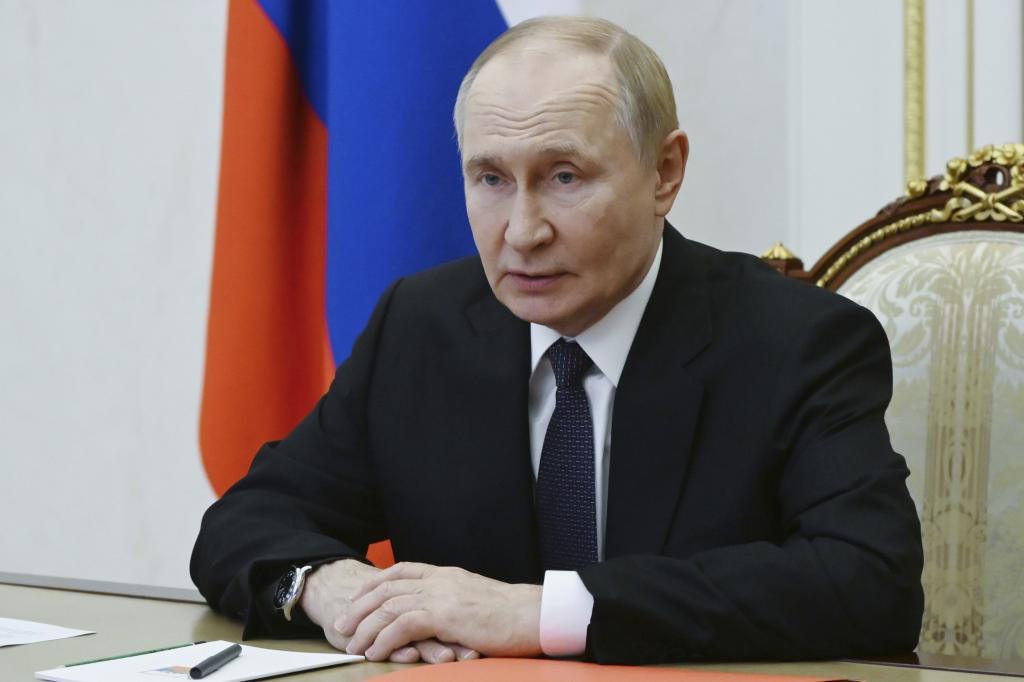The European Union fears that Russia will attack a NATO country before 2030. Within two years, even. And that Vladimir Putin's target of aggression will most likely be a Baltic nation. This is the warning issued on Monday by the Commissioner for Defense and Space, Andrius Kubilius, who is participating in the conference Defending the Baltic countries in 2025: lessons from the war in Ukraine for the Baltic region
"Our intelligence services, including those of Germany, Denmark, Finland, the Netherlands, and those in our region [referring to the Baltic states], indicate that Putin could be ready to test Article 5 within the next two to four years, before 2030," stated the Lithuanian commissioner.
The Article 5 referred to by Kubilius establishes that "an armed attack against a member of the North Atlantic Treaty Organization, shall be considered an attack against them all". This means that the Alliance as a whole should come to the defense of that country and repel the aggression, likely leading to a war on EU territory.
The timeframes mentioned by the Defense Commissioner are also noteworthy. Because until now, it was suggested that Putin could initiate an attack before 2030, but the "two to four years" mentioned by the Lithuanian imply that this situation could be imminent. By 2027, in fact.
Kubilius has always been one of the voices that has most alerted about Putin's plans. Not only due to his role as Defense Commissioner but also because of his Lithuanian origin. This country, along with Latvia and Estonia, are among those most affected by Russia's provocations. Not only them, as Poland also reports "almost daily provocations" on its borders; Romania and Denmark have also experienced the entry of drones into their airspace on numerous occasions; and these same unmanned aerial vehicles have flown over airports, military bases, and nuclear facilities in Belgium in recent weeks.
Russia is therefore escalating its provocations and actions, reaching Central Europe. The case of Belgium is particularly significant since in Brussels, its capital, are the headquarters of the European Union, the Council, the Parliament, and also of NATO itself. The drones, originating from a "state actor" that "fits with Russia," have even disrupted services at Zaventem airport, the city's main airport and of the country. It is the perfect target for Putin's attempt to demonstrate the weakness of European democracies, which is one of his major obsessions.
But according to Kubilius, Russian objectives go beyond the Eastern flank. In an interview he gave to this media outlet last month, the Defense Commissioner warned that "Spain and the southern countries face challenges and threats that may also come through maritime drones". "We must keep this in mind," he emphasized.
